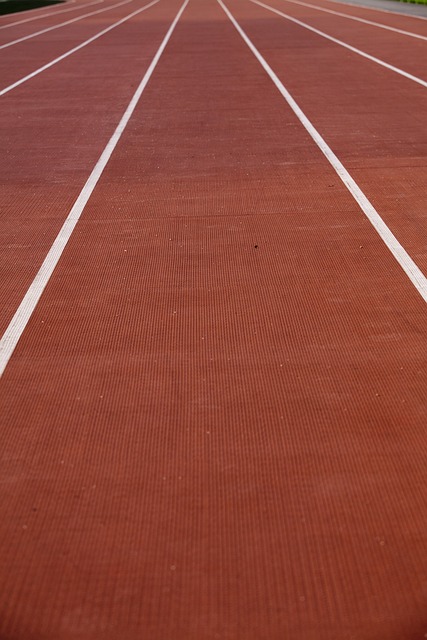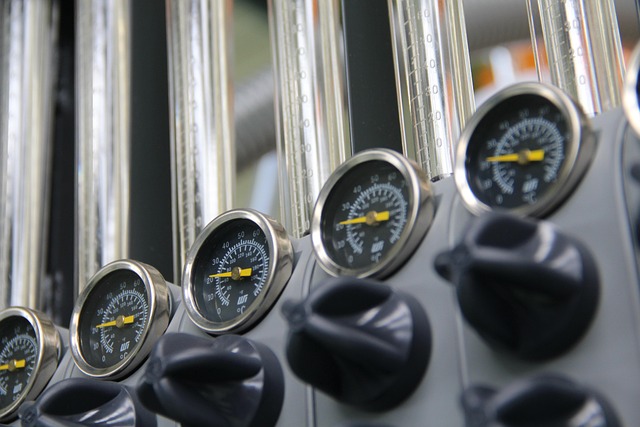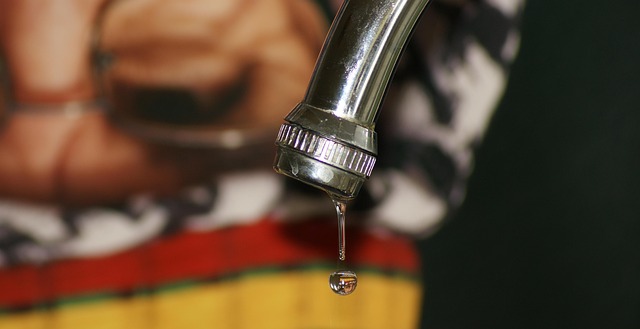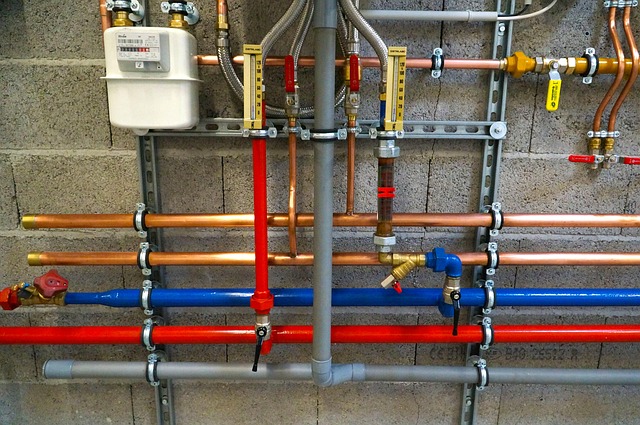Drain blockages, caused by substances like hair, grease, and debris, lead to plumbing issues. Maintaining clear drains involves a combination of natural and mechanical methods. Regular cleaning, proper disposal of hazardous materials, and managing water pressure prevent buildups. Balancing water pressure ensures optimal drainage performance, especially in multi-story buildings. Annual routine cleanouts and eco-friendly solutions are crucial for healthy drain maintenance.
Keeping your drains clean is essential for maintaining a smooth flow of water and preventing costly clogs. This article delves into the common causes of drain blockages, highlighting how everything from grease to tree roots can disrupt your plumbing. We explore the surprising role of water pressure in keeping drains clear and provide effective cleaning methods to tackle clogs proactively. Additionally, discover regular maintenance tips that foster long-term drain health, ensuring a hassle-free experience for folks in today’s bustling world.
- Understanding Drain Blockages: Causes and Effects
- The Role of Water Pressure in Maintaining Clear Drains
- Effective Cleaning Methods to Prevent Clogged Drains
- Regular Maintenance Tips for Long-Term Drain Health
Understanding Drain Blockages: Causes and Effects
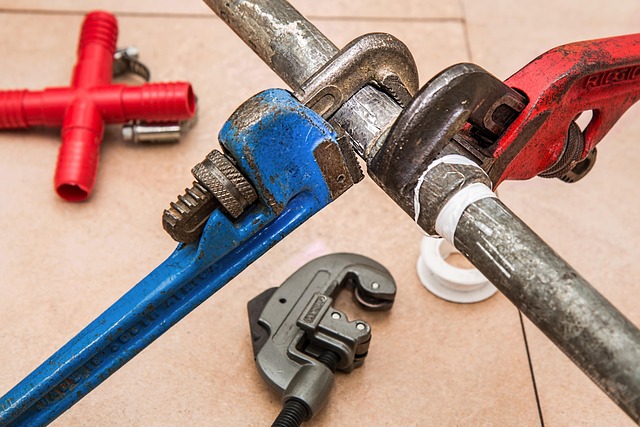
Drain blockages can cause a multitude of issues, from slow-flowing sinks and showers to completely clogged drains resulting in flooding. Understanding the causes behind these blockages is key to prevention. Common culprits include hair, grease, food scraps, and other debris that accumulate over time, reducing water pressure and disrupting the smooth flow of water through pipes.
High water pressure can also contribute to drain issues by forcing water and debris faster through pipes, potentially causing damage and leading to blockages. Neglecting regular maintenance, such as cleaning catchments and ensuring proper disposal of hazardous materials, can exacerbate these problems.
The Role of Water Pressure in Maintaining Clear Drains
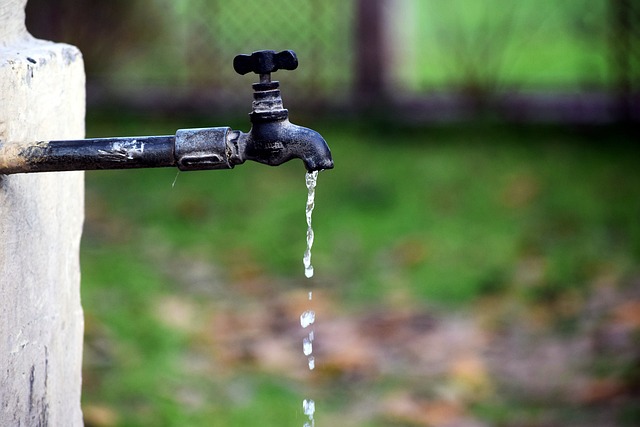
Water pressure plays a crucial role in keeping drains clear and free from blockages. High-pressure water flow is an effective way to dislodge and wash away debris, grease, and other buildup that can clog pipes. Regularly maintaining proper water pressure ensures that this natural cleaning mechanism functions optimally.
In many cases, adjusting the water pressure setting on your plumbing system or using a powerful jet of water from a drain cleaner can significantly enhance drainage performance. Balancing water pressure is particularly important in multi-story buildings where water needs to travel longer distances, ensuring that each drain receives enough force to prevent obstructions and maintain the overall health of the plumbing infrastructure.
Effective Cleaning Methods to Prevent Clogged Drains
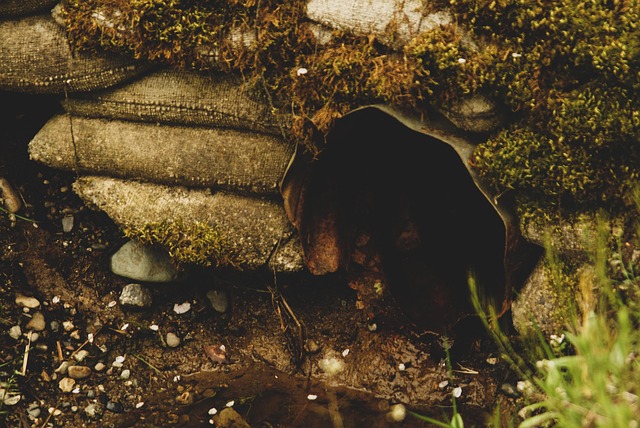
To prevent clogged drains, adopt effective cleaning methods that address the root causes of blockages. One powerful technique involves using a combination of hot water and baking soda. Pouring a cup of baking soda followed by a liter of boiling water down the drain can dissolve grease buildup and break down organic matter. This simple yet potent mix is eco-friendly and safe for pipes, making it an excellent first response to occasional clogs.
Regular maintenance is key, emphasizing consistent cleaning at least once a month. Using a plumber’s snake or drain auger is crucial when dealing with more stubborn blockages. These tools help dislodge accumulated debris by applying controlled water pressure, pushing through pipes to clear the obstruction. For severe cases, chemical drain cleaners can be employed, but they should be used sparingly due to potential pipe damage and environmental concerns.
Regular Maintenance Tips for Long-Term Drain Health
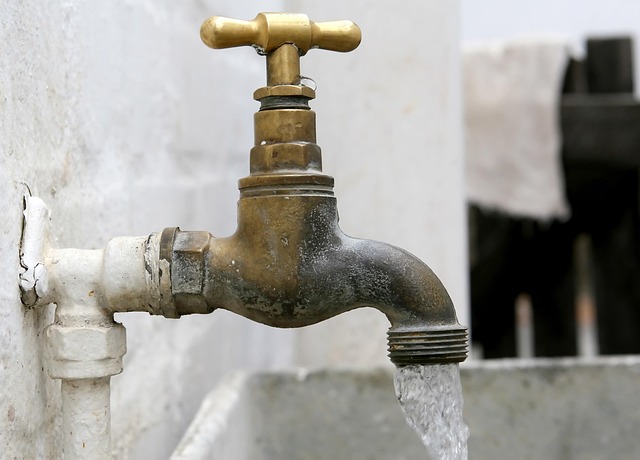
Regular maintenance is key to keeping drains healthy and preventing blockages. Start by scheduling routine cleanouts at least once a year, especially in areas prone to buildup like kitchen sinks and shower drains. Using hot water mixed with baking soda and vinegar every few weeks can help dissolve hair, grease, and other common obstructions.
Additionally, invest in a high-quality drain cover to catch large debris before it enters the pipe. Avoid pouring greasy foods or excess hair down the drain, as these substances solidify when cooled and can lead to clogs. Maintain proper water pressure by checking your home’s plumbing system regularly, ensuring no leaks or blockages that could disrupt water flow and contribute to drain buildup.





